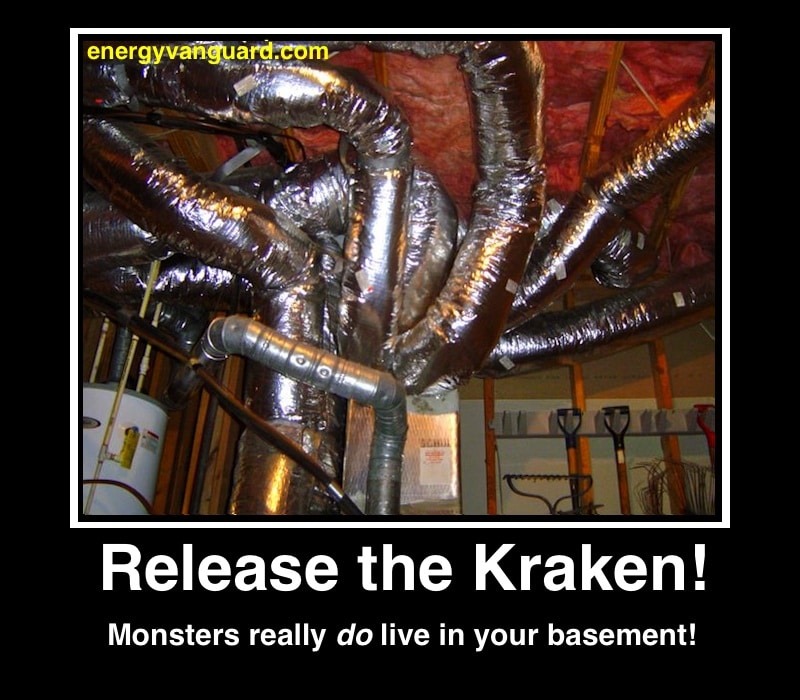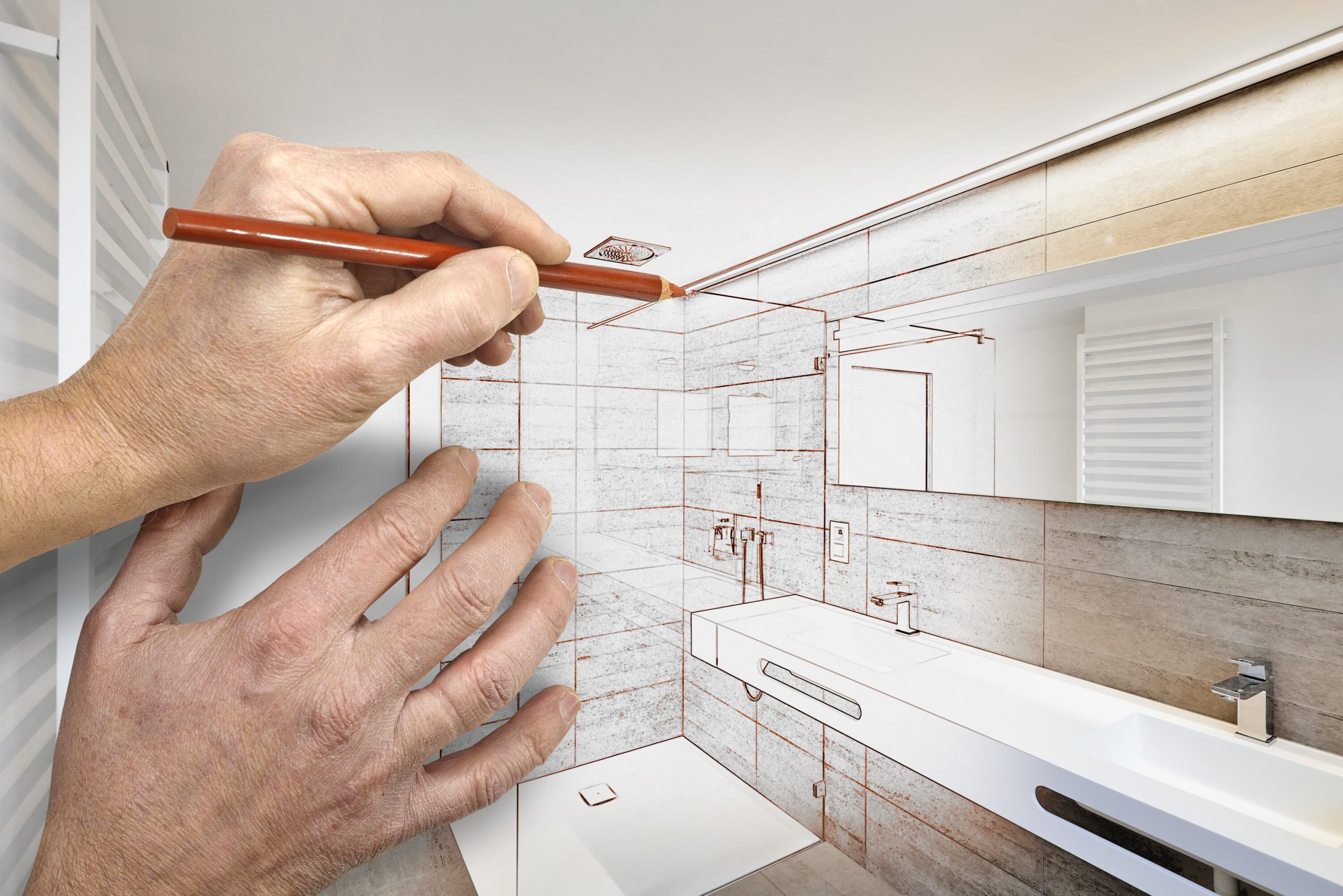5 Reasons Why Your HVAC Unit is Loud Do you find your HVAC unit excessively…

The Basics of Boilers
Here in the Tennessee Valley, most homeowners choose a furnace or heat pump for their home heating needs. But some commercial property owners as well as homeowners in the colder parts of the country get heat from a boiler system instead.
What is a Boiler?
A boiler is a home heating unit that burns fuel to heat water. The most commonly used fuels are oil and natural gas, but some boilers can run on other fuels, like propane or wood pellets. Hot water boilers heat the water to about 145-190 degrees Fahrenheit, while steam boilers heat the water until it turns into steam.
How Does a Boiler Work?
Like a furnace, a boiler has a combustion chamber and a heat exchanger. The fuel burns in the combustion chamber and the hot gases produced travel through the heat exchanger. The heat from the gas is absorbed by the metal wall of the heat exchanger.
In a furnace, that heat is then absorbed by the air from the home that’s being circulated over the heat exchanger. In a boiler, on the other hand, instead of air, water is passed over the heat exchanger. The water absorbs the heat.
If it’s a steam boiler, the water heats up so much that it actually boils and turns into steam—which is why it’s called a boiler. Steam boilers were the original type of boiler, but hot water boilers are much more common today. That’s because hot water boiler systems use less energy and can be safer, since they don’t heat the water to as high of a temperature.
See Also: Things to do Before You Turn on Your Furnace This Fall
How Does a Boiler Heat Your Home?
Next, the hot water or steam needs to be distributed through the home in order to heat it. There are several different heat distribution systems that can be used with a boiler. The steam or hot water travels through pipes to get to each one.
First, there are radiators. This is the system generally used with steam boilers, although it can be used with a hot water boiler as well. In this system, the steam or hot water passes through the metal coils of a radiator, and the heat is radiated into the room, warming the people and objects inside.
Another type of heat distribution system is radiant heating. In this kind of system, the hot water travels through pipes under the floor. This is warming it from below. Radiant systems can be installed as panels in the walls or ceiling as well. This seems to be less common.
A third type of heat distribution system is hot water baseboards. Again, the hot water passes through these wall-mounted baseboards, causing heat to radiate into the room.
After passing through the radiators, radiant system, or baseboards, the cooled down water returns to the boiler. This is where it gets heated back up. This is a closed system, which means that it keeps using the same water over and over again.
See Also: Is Is Bad to Switch Between Heat and Air
What are the Advantages of a Boiler?
Boiler heating systems do have some advantages over forced-air systems like furnaces and heat pumps. For one thing, some boilers can do double-duty as both a home heating system and a water heater. Some have holding tanks for household hot water, while others act as instant water heaters.
Another advantage is that boilers may provide more even and less drafty heating because they’re not blowing air around. This can also mean that they don’t blow allergens around your house. However, it also means that your home’s air isn’t getting circulated through a filter.
Setting up and operating a zoning system can also be easier with a boiler, depending on the type of distribution system you use. For instance, the U.S. Department of Energy’s EnergySaver website points out that automatic valves can be installed on hot water radiators, with each one controlled by its own thermostat. But it’s important not to let any part of the home get too cold because the pipes of the system could freeze.
Boiler systems tend to be more energy efficient than forced-air systems because water loses heat more slowly than air does. This particularly makes a difference in very large buildings. This is because the water or air has to travel a long distance from the heating unit to the rooms that it’s heating. That’s one reason why boiler systems are found in commercial buildings in the South more often than they’re found in residential buildings here.
What are the Disadvantages?
The major disadvantage of boiler compared to a furnace or heat pump forced-air system is price and difficulty of installation. Boilers are significantly more expensive than the alternatives. The total system also takes much longer to install.
In cold climates and very large buildings, the increased energy efficiency makes up for this initial cost over time. For homeowners in the South, generally a furnace or heat pump is more cost-effective.
See Also: Contact Us


